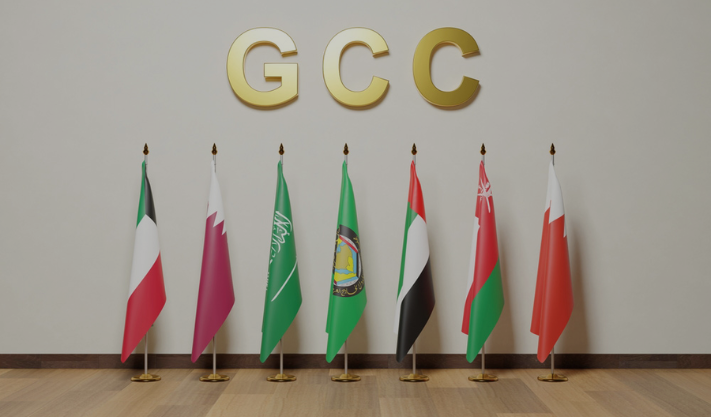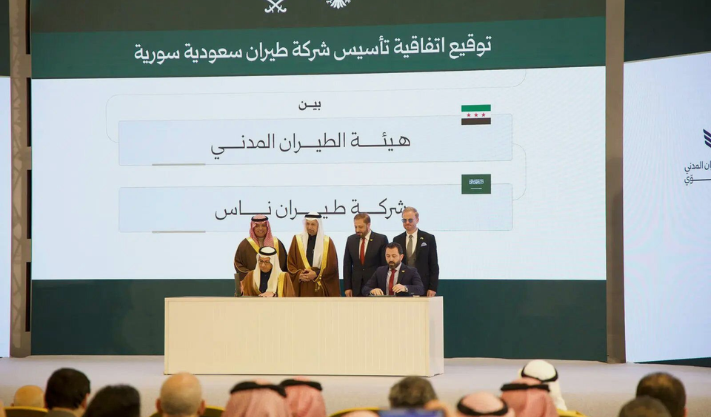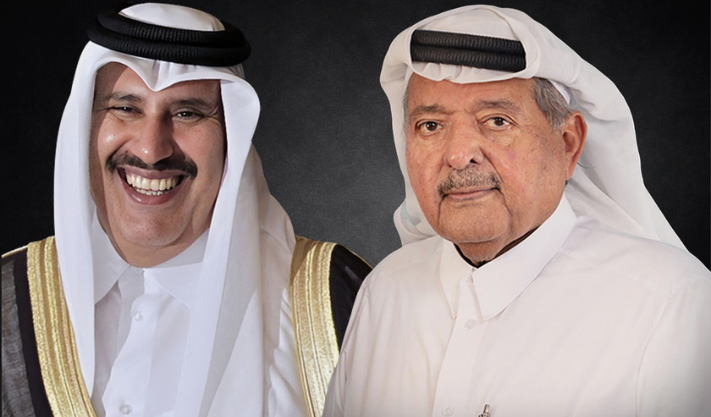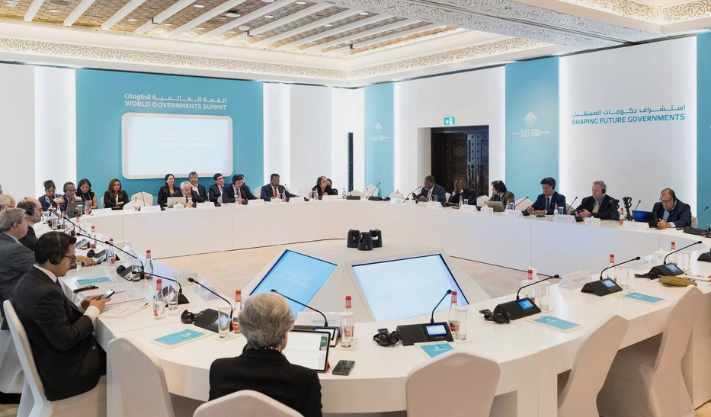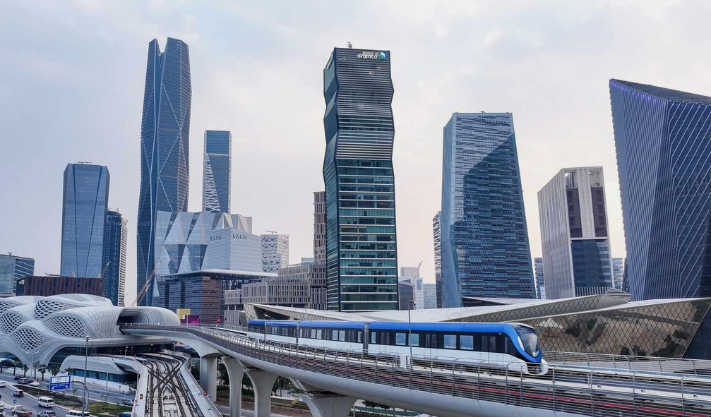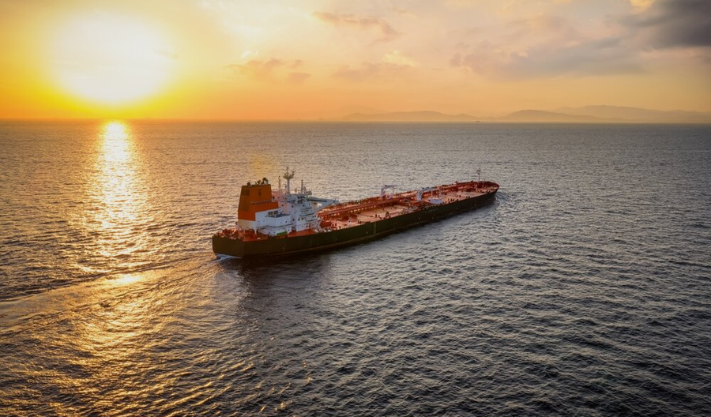GCC Countries to Spend $542 Billion in 2025, Boosting Regional Growth
The Gulf Cooperation Council (GCC) countries plan to increase their government spending to \$542.1 billion in 2025. This move is aimed at boosting economic growth in the region, according to the GCC Statistical Center, as reported by the Emirates News Agency (WAM).
Spending Increases
The six Gulf countries—the UAE, Saudi Arabia, Oman, Kuwait, Qatar, and Bahrain—are increasing government spending to support big national plans. These plans focus on building infrastructure, creating new industries, and encouraging innovation. These investments are expected to help grow their economies, especially as they work on long-term goals.
Government income is expected to stay steady at around $487.8 billion because oil prices are likely to stay moderate to high. However, the region is still expected to have a budget shortfall of $54.3 billion. This gap will be covered using national savings and borrowing money from both local and international sources, according to a report from Muscat.
Oil remains the main source of income for these countries, so their budgets are still affected by changes in oil prices. To stay safe from sudden oil price changes, the Gulf countries are carefully planning for lower oil prices to protect their budgets.
They also plan to handle their budget gaps by using savings and borrowing money both at home and abroad.
Economic Growth Outlook
The six countries are expected to grow faster than the global economy in 2025. This is due to efforts to reduce dependence on oil, grow other industries, and invest in new technologies like artificial intelligence (AI).
According to a report by First Abu Dhabi Bank, the region’s economy is expected to grow from 2.1% in 2024 to 4.2% in 2025. Because oil prices keep changing, countries like Saudi Arabia are focusing more on careful spending, especially on large infrastructure projects in Riyadh to increase tourism.
At the same time, falling oil prices are putting more pressure on Gulf countries’ budgets, making the budget deficits bigger across the region.
Published: 18th June 2025
For more article like this please follow our social media Twitter, Linkedin & Instagram
Also Read:
UAE’s Non-Oil Trade Up 18.6%, Nears $1.1T Goal by 2031
Egypt, Scatec Launch $1.6B Renewable Energy Projects
Easing Sanctions: Syria’s Economy Moves Toward Growth
